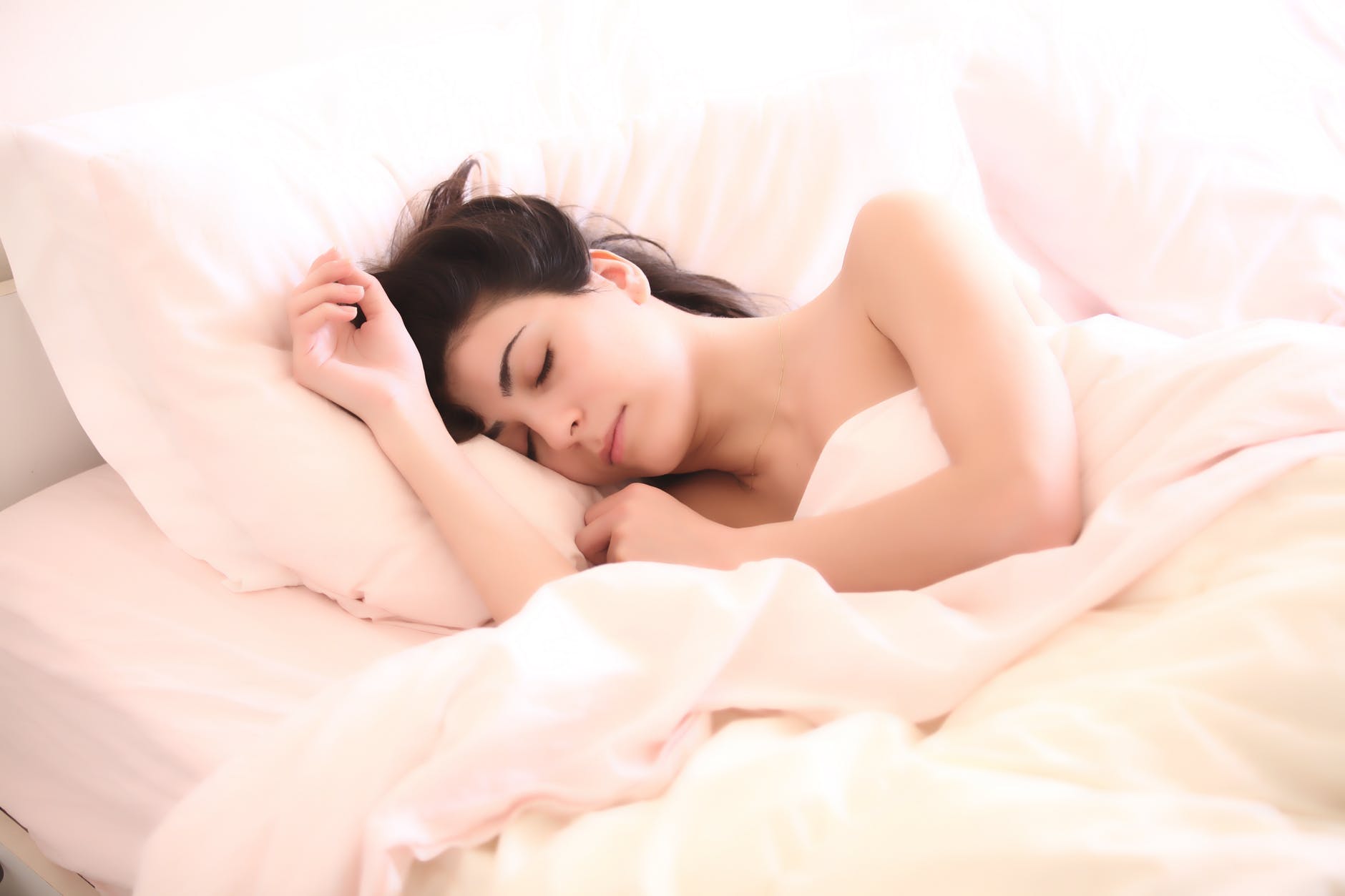 What is Sleep hygiene?
What is Sleep hygiene?
Sleep hygiene simply describes good sleeping habits. Implementing these habits has been shown to improve sleep quality, without the use of medications. Benefits of a good nights sleep include feeling more energetic, decreased irritability and less lethargy. It also helps reduce poor habits, such as clenching and grinding the teeth at night, as these frequently occur with high stress and poor sleeping habits.
10 Sleep Hygiene Tips
- Routine. Setting a consistent bed time and wake up time allows us to regulate our sleep cycles.
- Avoid caffeine and alcohol. These are stimulants which can unfortunately keep your brain active when trying to sleep. Avoid drinking coffee after lunch, and avoid alcohol at night.
- Use your bed for sleep only. You should associate your bed with sleep. Try not to take your laptop to bed, play on your phone in bed, or do any work, or schoolwork from your bed.
- Develop a sleep ritual. Set up a routine, such as reading before bed, or doing some gentle stretches. Your brain will begin to associate these activities with bedtime, and help you wind down for a good nights sleep.
- Avoid screen time. Do not watch T.V, or play on your computer, or phone for at least 1 hour before bed. The bright screens from electronic devices stimulates our brain, and reduces your ability to get sleepy.
- Take a bath, or warm shower. Evidence shows that we get sleepy as our body temperature declines. Taking a bath or shower 1- 2 hours before bed can aid in preparing for sleep as your temperature declines.
- Regular exercise. Exercise helps our bodies feel tired, especially if we have a sedentary job, or lifestyle. However, try to avoid any strenuous exercise within 4 hours of your bedtime.
- Healthy diet. A balanced diet will help you to sleep well. However, the timing of meals is also important. Sleeping on an empty stomach can distract you from falling asleep, so try eating a light snack just before bed. Foods and drinks containing tryptophan act as a natural sleep inducer. Try a nice warm glass of milk before bed. It is also important to avoid eating dinner too close to bed time, as this will interrupt sleep.
- A quiet room. Developing a relaxing sleep space is important. This involves eliminating bright lights, not sleeping with the T.V on, wearing earplugs if needed and setting a comfortable room temperature.
- I still can’t sleep. If you’ve been in bed for more than 20 minutes minutes, get up. Do something relaxing, like listening to calming music, or a sleep story. There are apps you can download, such as Calm, or Headspace which provide numerous resources for meditation, relaxing music and sleep stories. Avoid anything that will stimulate your mind.